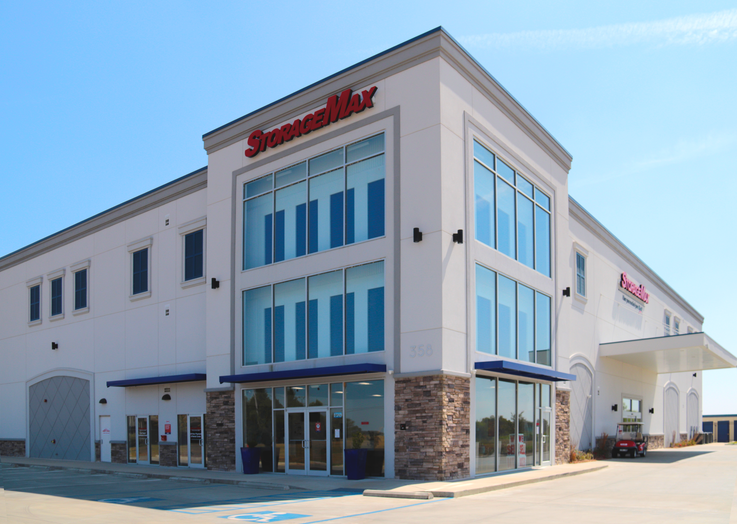The definition of “disaster,” then maybe relative to the degree of business interruption. The bottom line: Companies should think beyond the common meaning of disasters Mother Nature breeds, and plan for anything that could impact business continuity. That could be simple failure of communications systems, the discovery of meth labs in storage units, or something else you may never consider—but for which you need to be as prepared as possible.
“Employees will be more willing and able to return to work earlier if a business has a disaster management plan in place that ensures safety and rehabilitated conditions, not only related to the workplace, but also for employees in their homes as well,” says Michael Brown, former Director of FEMA and current Chairman of Cotton Companies, a disaster recovery firm specializing in fire and water restoration services headquartered in Houston. “After all, employees focus first on their families, then on their jobs. It makes good business sense to have employees prepared at home, as well as in the workplace.”
]]>









